Israel-Hamas War Day 192: What's going on in the Middle East?
US legislators discuss Biden's Iran attack response • UN chief declines to condemn attack
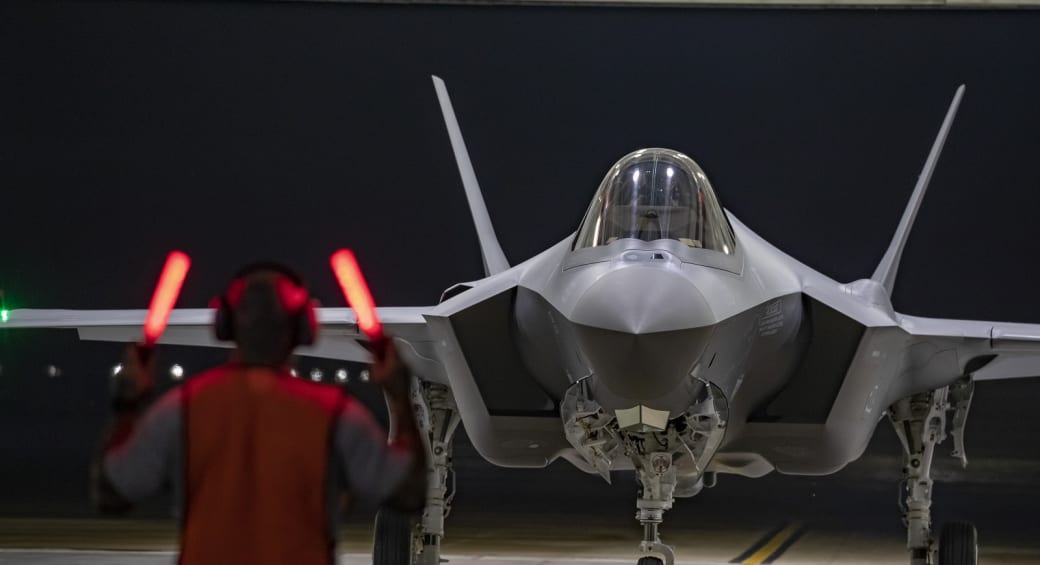
'Al-Quds will be in the hands of the Muslims' - Ayatollah Khamenei tweets in Hebrew
The tweet was accompanied by footage of Iranian missiles being blown up by Israeli defense systems over the Temple Mount in Jerusalem.
Iran's supreme leader, Ayatollah Ali Husseini Khamenei, wrote a message in Hebrew saying, "Holy Al-Quds will be in the hands of the Muslims, and the Muslim world will celebrate the liberation of Palestine," on his X account on Sunday.
אל-קודס הקדושה תהיה בידי המוסלמים, והעולם המוסלמי יחגוג שחרור פלסטין. pic.twitter.com/PB3wZk1jcN
— Khamenei.ir (@khamenei_ir) April 14, 2024
The tweet in Hebrew was written by the supreme leader of Iran above footage of missiles and drones that were intercepted in the sky over Temple Mount in Jerusalem. In the documentation, dozens of interceptions of missiles launched from Iran are seen last night and an alarm sounds can be heard in the background.
The tweet comes following Iran's historic barrage against Israel, ending a four-decade long shadow war between the two countries. The barrage contained around 350 drones and missiles.
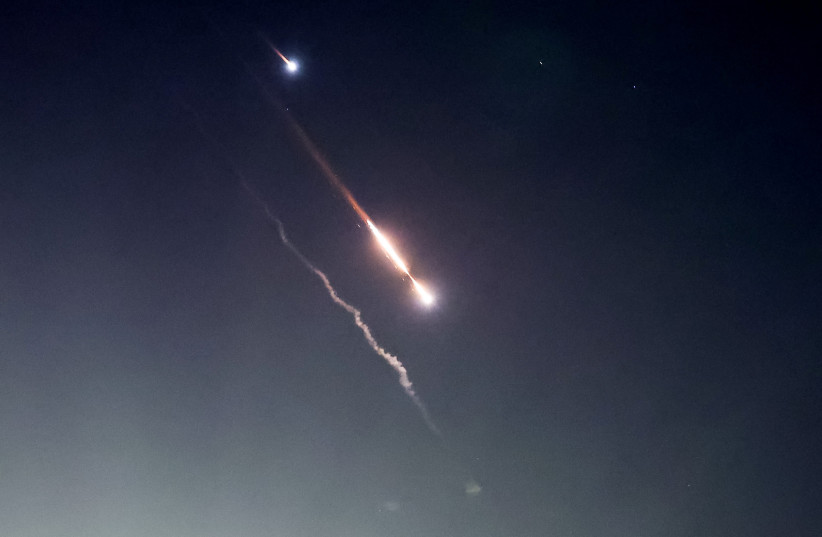
Khamenei has tweeted in Hebrew multiple times during the war
This is not the first time that Khamenei tweets in the Hebrew language.
פשעי היישות הציונית לא תישכח. אפילו לאחר היעלמותה של היישות הזאת מעל פני האדמה, הפשעים האלה ורצח אלפי ילדים ונשים יירשמו בספרים.
— Khamenei.ir (@khamenei_ir) January 10, 2024
In January, the Ayatollah referred to the war in Gaza in Hebrew, saying, "The crimes of the Zionist entity will not be forgotten. Even after the disappearance of this entity from the face of the earth, these crimes and the murder of thousands of children and women will be recorded in the books."
Go to the full article >>Former Trump advisor Bolton: Opportunity for Israel to destroy Iran nuclear program
The former advisor’s stance sheds light on the increasing skepticism about the effectiveness of ongoing diplomatic negotiations with Iran.
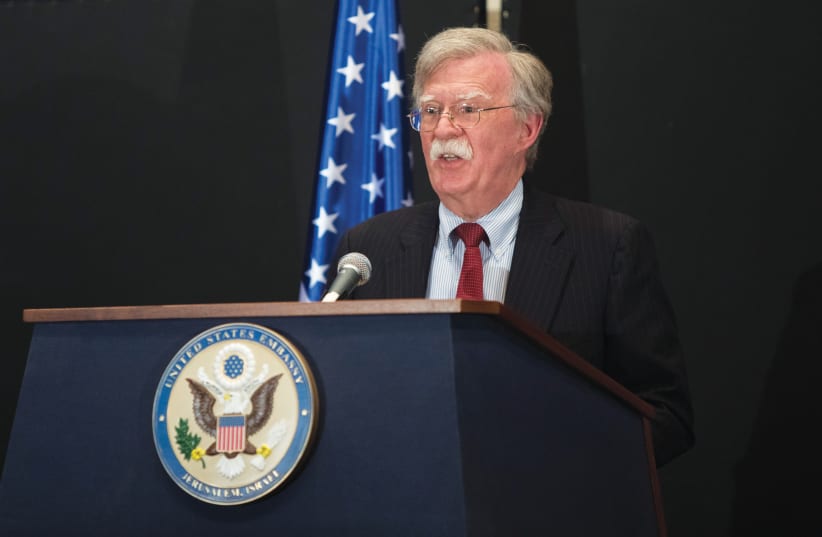
In a candid Sunday interview with CNN, former US National Security Advisor John Bolton expressed strong views on how Israel should respond to Iran's threats. He urged Israel to consider the current geopolitical tension as a crucial moment to target and dismantle Iran's nuclear capabilities. "I think Israel has a wide range of potential targets starting by flattening Iran's air defense capabilities," Bolton asserted, emphasizing the existential threat posed by Iran's nuclear ambitions to Israel's national security.
Bolton articulated that the primary focus for Israel should be crippling Iran’s nuclear weapons program. “Most importantly, I think Israel should be looking at this as an opportunity to destroy Iran’s nuclear weapons program, which is the existential threat that Israel faces,” he explained.
The former advisor’s stance sheds light on the increasing skepticism about the effectiveness of ongoing diplomatic negotiations with Iran. Bolton's call for a decisive military strategy highlights a critical division in international policy circles regarding the best approach to ensure stability and security in the Middle East.
Opportunity in light of Iranian retaliation
Iran launched a significant missile and drone attack against Israel on Sunday, with hundreds of drones and missiles reportedly originating from Iran and other regional sources. Despite the extensive attack, the Iron Dome and other Israeli defense systems effectively intercepted most threats, with limited damage reported. A young girl was seriously injured in one of the attacks, underscoring the human impact amidst the strategic defenses.
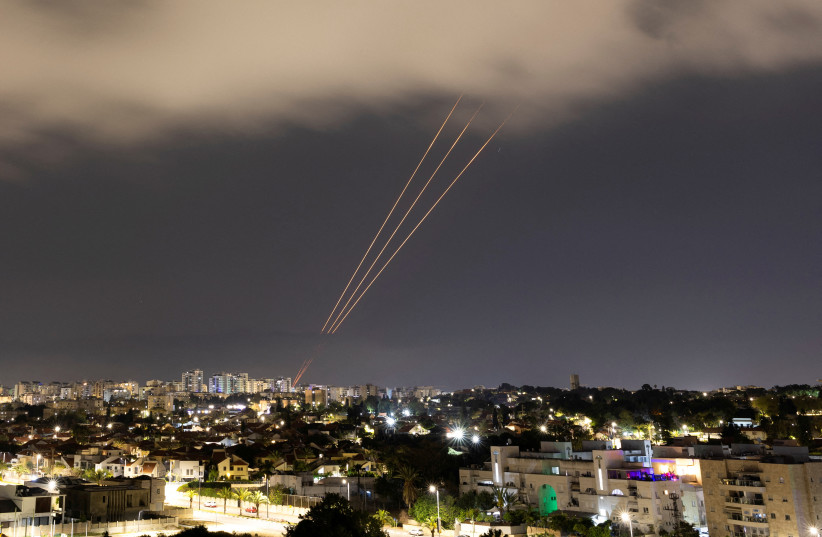
John Bolton, an American attorney and diplomat, served as the United States Ambassador to the United Nations from 2005 to 2006 and as National Security Advisor from 2018 to 2019 under President Donald Trump, advocating strongly against the Iran nuclear deal. Known for his hawkish foreign policy views, Bolton has supported military action and regime change in several countries and has held various significant roles in the US government, including positions under Ronald Reagan, George W. Bush, and as a commentator for Fox News.
Go to the full article >>
Several countries urge citizens not to travel to the Middle East amid rising tensions
Global travel warnings arise as tensions escalate between Israel and Iran, prompting airspace closures and flight cancellations across the Middle East.
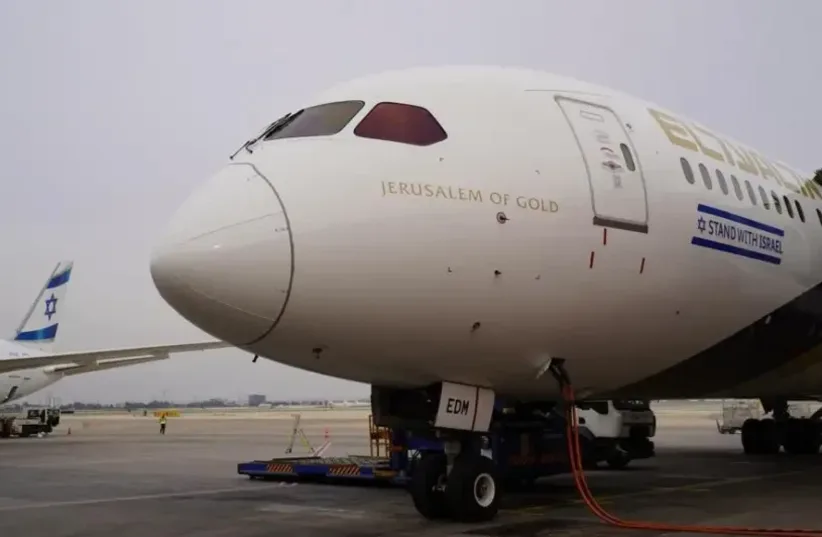
Canada, France, India, the US, the Netherlands, Germany, and Austria have all urged their citizens not to travel to the Middle East due to the rising tensions between Israel and Iran. The travel advisory was issued after Israel allegedly killed an Iranian commander in Syria, and Iran retaliated with a massive barrage of missiles and drones aimed toward Israel this past Saturday night.
Tensions between Israel and Iran have been going on for a long time, however, since October 7 and the beginning of the Israel-Hamas war, these tensions rose. On April 1, an airstrike on the Iranian embassy in Damascus killed seven Islamic Revolutionary Guard Corps (IRGC). Shortly after the attack, Iran's Supreme Leader Ayatollah Ali Khamenei blamed Israel for the attack and vowed to take revenge.
Since April 1, the ever-present tension in the Middle East between Israel and Iran has become more palpable, and many countries have been concerned for the safety of their citizens. Canada, France, India, the Netherlands, Germany, and Austria released public statements advising their citizens to refrain from traveling to Israel, Iran, and other countries in the Middle East.
Canadian Foreign Affairs Minister Melanie Joly wrote on X on Saturday, "With a heightened risk of attacks on Israeli territory, the regional security situation remains highly volatile & could escalate without notice." She further added, "We have increased our risk level to 'avoid all travel' to Israel and the West Bank. Canadians should consider leaving by commercial means."
Countries across the world urge their citizens
In a post on the social media platform X, the French foreign ministry said that relatives of Iran-based diplomats would return to France and that French civil servants are now banned from conducting missions in Iran, Lebanon, Israel, and the Palestinian territories.
On April 12, India's foreign ministry advised its citizens against traveling to Iran and Israel until further notice in light of the "prevailing situation in the region." The ministry further said Indian citizens who are currently in the two countries should observe "the utmost precautions about their safety and restrict their movements to the minimum."
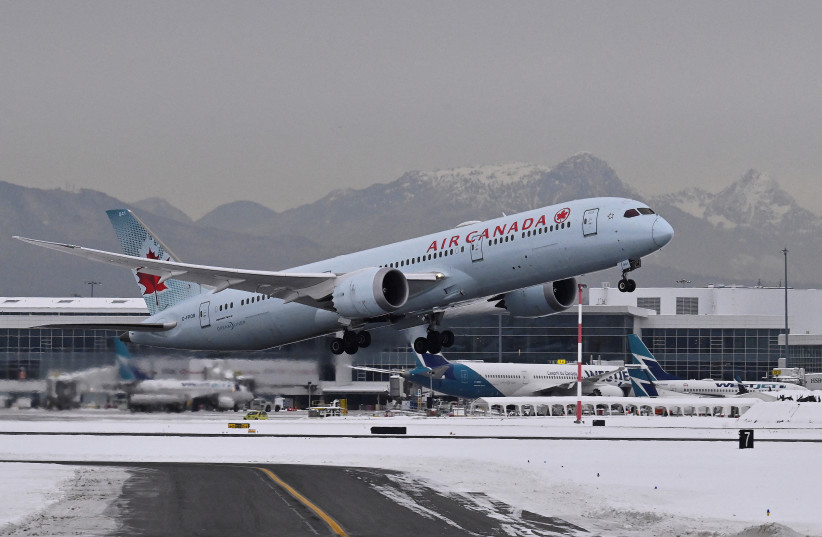
The Dutch government on Sunday advised against all travel to Israel due to the uncertain security situation following the overnight air strikes by Iran.
"Iran and a number of allies carried out airstrikes against Israel with missiles and drones. It cannot be ruled out that further attacks may follow," the Foreign Ministry said in an updated travel advisory.
On Friday, Austria's foreign ministry followed Germany in urging its citizens to leave Iran.
Flights canceled to and from the Middle East
In addition to suggestions to citizens not to fly to the Middle East, several airlines have canceled their flights to and from the region.
Lufthansa said on Sunday it was suspending flights to Amman, Beirut, Erbil, and Tel Aviv at least until Monday following the latest turmoil in the Middle East. The airline, which includes the German flagship carrier as well as Swiss and Austrian airlines, also ensured its flights avoided the airspace above Israel, Jordan, and Iraq for the foreseeable future, it said in a statement to Reuters. Additionally, Lufthansa had previously stated last Friday that it was suspending flights to and from Tehran until April 18 and would not use Iranian airspace during that time.
Citing a KLM spokesperson, trying to be precatious, KLM will no longer fly over Israel and Iran, Dutch press agency Algemeen Nederlands Persbureau (ANP) reported on Saturday.
The last West European airline flying to Iran, Austrian Airlines, said on April 12 that it was suspending all flights from Vienna to Tehran until April 18. Austria had continued flying for longer than its German parent Lufthansa since Vienna's closer proximity to Tehran meant it could more easily abort flights or be forced to leave staff in Tehran overnight.
"Routes that pass through Iranian air space will also be modified," Austrian Airlines said in a statement. "The safety of our passengers and crews has the highest priority."
Airspace disruptions in the Middle East
Tehran's Mehrabad Airport and airports in several other Iranian cities have canceled domestic flights until Monday morning due to Middle East tensions, the semi-official Mehr news agency reported on Sunday, as the country's western airspace remains off limits to flights.
Additionally, Jordan, Iraq, and Lebanon have temporarily closed their airports as well, erring on the side of caution in light of the mounting tension and looming Iranian revenge on Israel for allegedly killing a top IRGC commander in Syria.
All three countries closed their airports on Saturday to all incoming, departing, and transit aircrafts. Aviation authorities cited by the Jordanian news channel Al-Mamlaka said the situation would be "continuously updated and reviewed according to developments."
Earlier on Saturday, Al-Mamlaka quoted Haitham Misto, the chairman of Jordan's Civil Aviation Regulatory Commission, as saying interference in Jordanian air traffic had affected its GPS system, prompting planes in the area to use alternative navigation systems.
However, the three countries reopened their airspace on Sunday, with Jordan's national TV channel stating that the country had resumed air traffic operations, citing aviation authorities. The opening of its airspace came more than three hours earlier than scheduled.
Iraq's aviation authority said security risks had now been resolved, and Lebanon said its airport will resume its activities after the overnight closure, state TV reported.
Emirates Airlines, which had canceled several of its fights and rerouted others due to the temporary airspace closures in the region, was resuming scheduled operations to and from Jordan, Lebanon, and Iraq from Sunday afternoon, a spokesperson said.
Qatar Airways also resumed services to Amman, Beirut, and Baghdad, it said in a post on X, while Etihad Airways was planning to operate scheduled passenger and cargo services between Abu Dhabi and Tel Aviv, Amman, and Beirut starting from Monday.
Etihad warned that as services return to normal after the temporary closure of airspace across parts of the Middle East, "there may still be a risk of some knock-on disruption through Monday, April 15."
"Some of our flights have been affected by the temporary closure of a number of airspaces in the region," a statement from the United Arab Emirates Fly Dubai was quoted on news agency WAM.
The attack spurred similar announcements from Egypt and Kuwait following several Arab countries announcing the temporary closure of their airspace.
Kuwait, however, announced on Sunday the resumption of its commercial flights to Beirut and Amman, state media said, after Lebanon and Jordan reopened their air spaces
United Airlines Holdings (UAL) canceled Sunday's planned flight from Newark, New Jersey, to Tel Aviv following the latest turmoil in the Middle East, the airline said in an emailed statement to Reuters.
Israel's El Al Airlines has canceled 15 flights scheduled for Saturday and Sunday, the carrier said on Saturday as hostilities with Iran surged and Israel closed its airspace on Saturday as a precaution. Though by 7:30 am on Sunday, Israeli airspace had reopened, following an Israel Airports Authority announcement. However, it noted that the flight schedules at Ben-Gurion Airport would be subject to change.
Go to the full article >>ISRAEL-HAMAS WAR:WHAT UOU NEED TO KNOW
Hamas launched a massive attack on October 7, with thousands of terrorists infiltrating from the Gaza border and taking some 240 hostages into Gaza
Over 1,200 Israelis and foreign nationals were murdered, including over 350 in the Re'im music festival and hundreds of Israeli civilians across Gaza border communities
133 hostages remain in Gaza
37 hostages in total have been killed in captivity, IDF says